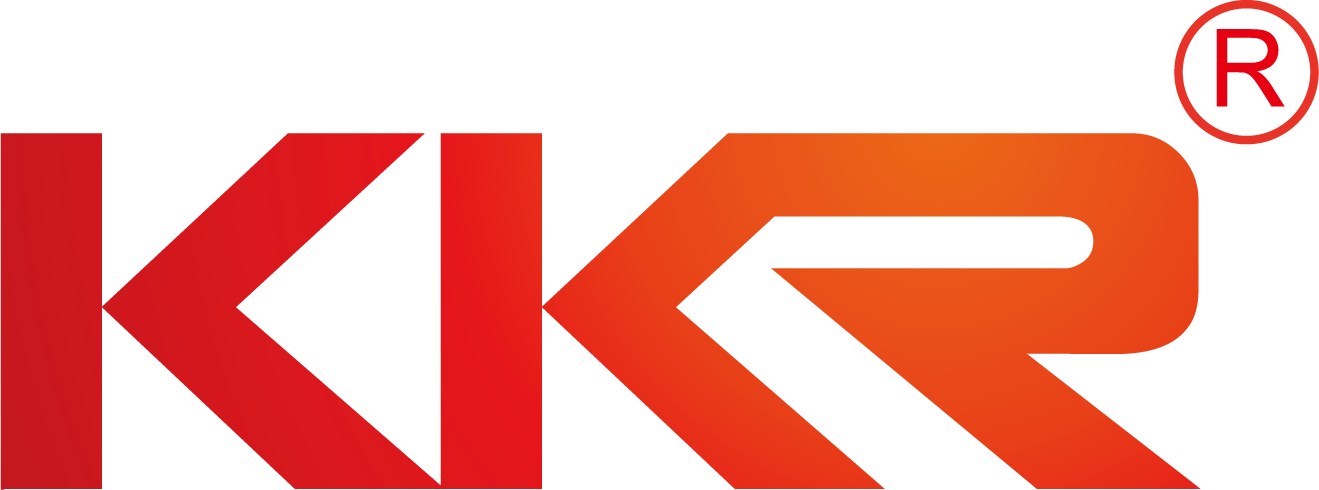 KingKonree - Solid Surface Manufacturer of Sanitary Ware, Solid Surface Countertops & Sheets for over 25 years, innovation in moulding and thermoforming
KingKonree - Solid Surface Manufacturer of Sanitary Ware, Solid Surface Countertops & Sheets for over 25 years, innovation in moulding and thermoforming
Many people do countless different activities
Going to the toilet overseas can be an adventure in itself. 'No flushing toilet paper' signs, someone charging you to use the facilities, drop toilets, toilets full to the brim with water, holes in the ground Figuring out the toilet customs and cultures in different international locations can be difficult, but is all part of the travel experience.
Here's a rundown of a few countries' and cultures' different toilet customs.
-Islamic. Countries that follow the Islamic faith follow particular rules regarding toilet use. Generally washing with water as opposed to using toilet paper is considered a ritual act of purity, and hands must be washed immediately after. It is also accepted that the left hand is used to wash oneself, and the right hand is used for handshakes. The practice of washing as opposed to toilet paper use is also common in many Asian, African and Middle Eastern countries. In India, it is also expected that one washes themself with their left hand and eats with their right.
-Asian. Most Southeast Asian countries' plumbing systems cannot handle flushed toilet paper, and toilet paper must be placed in a rubbish bin next to the toilet. On the flip side, Japan has some of the most high-tech toilets in the world, with jet stream for cleaning, buttons for sound effects, seat warmers, deodorisers and armrests! It's the 5-star bathroom experience.
-Australian. If you're looking at flights to Brisbane or Sydney, then you'll generally find a relaxed toilet culture and etiquette. Many Australians do not commonly refer to the toilet as a bathroom' or restroom', and are more comfortable openly calling it a toilet, loo or the colloquial term dunny'. Australia's toilets are also unique in that they have a two flush' system one that uses less or more water depending on your, er, movements.
-European. In most European countries, particularly France, you will have to pay to use a public toilet. While toilet paper is readily available and able to be flushed in most areas (except in Greece), many European bathrooms also include a toilet and a bidet, which is a French invention of the 17th century that is a plumbing fixture (similar to a toilet) used to wash oneself after using the toilet. If you've booked flights to Paris, for example, it's likely that your hotel bathroom will include a bidet in the bathroom.
When travelling overseas, don't be overwhelmed by the different toilet etiquette. Take it in your stride, treat it as part of the experience, and always remind yourself: 'When in Rome'
Budgeting is one key thing for travel, make sure you keep an eye out for cheap flights.
Company Info
Address:Room No. 2408-2508, Building 5A, Longguang Jiuzuan, Longhua District, Shenzhen, China
Zip Code: 518131
Tel: +86 (0)755-82875700
Fax: +86 (0)755-82875921

